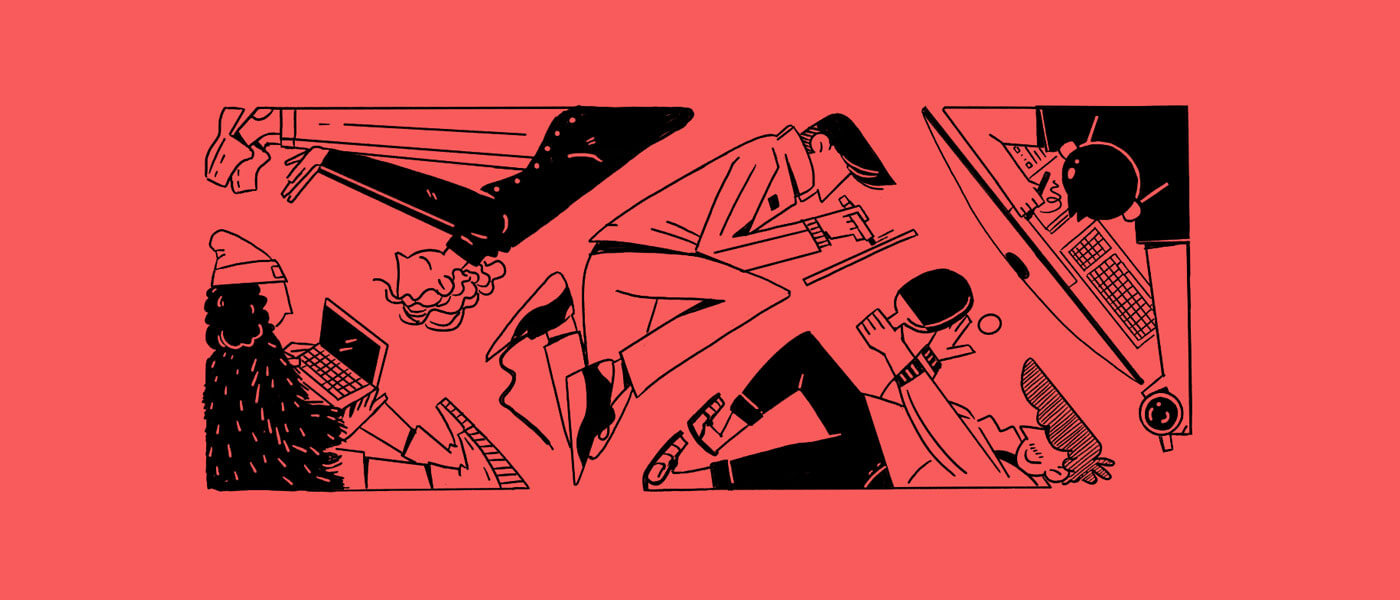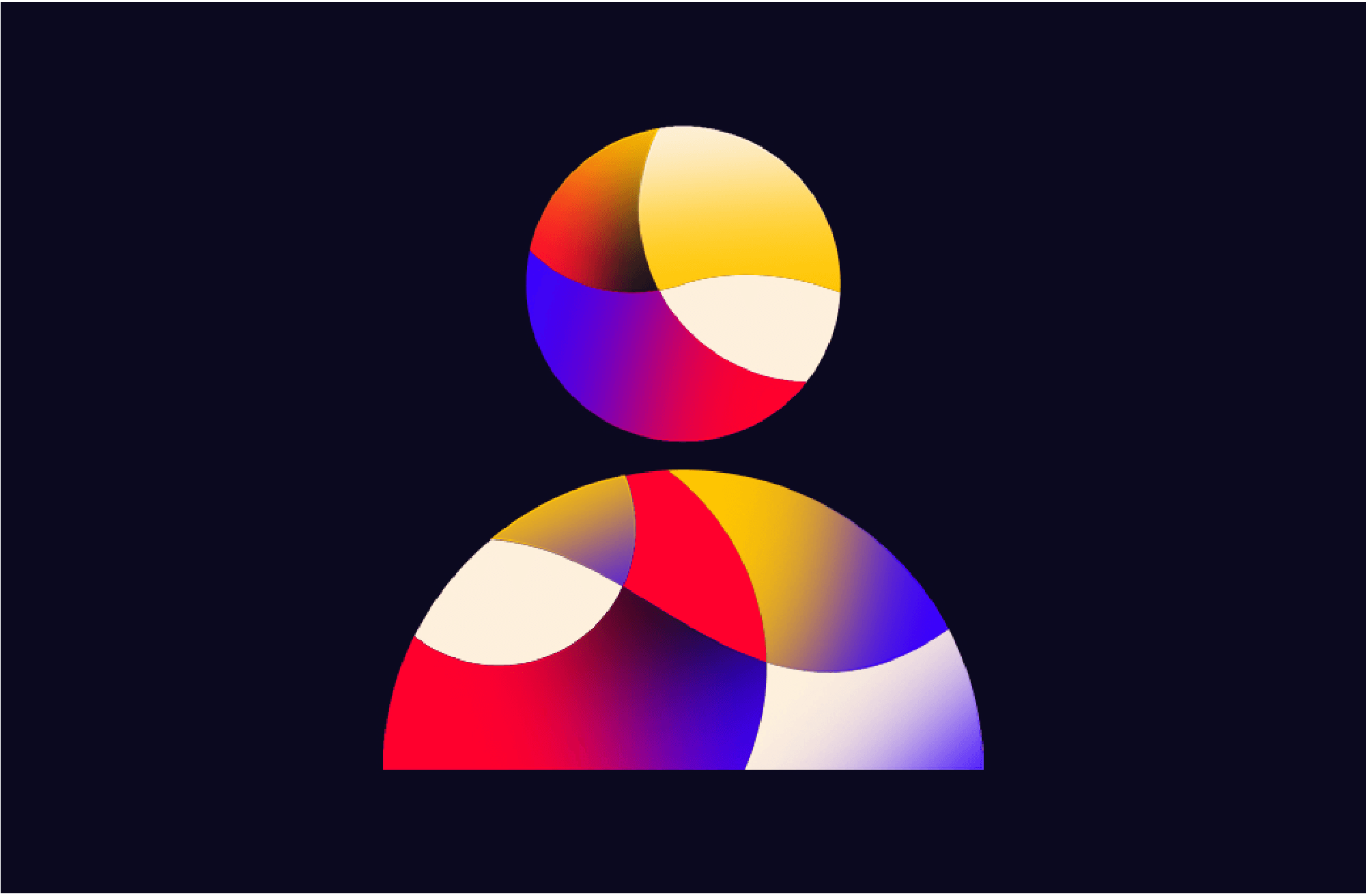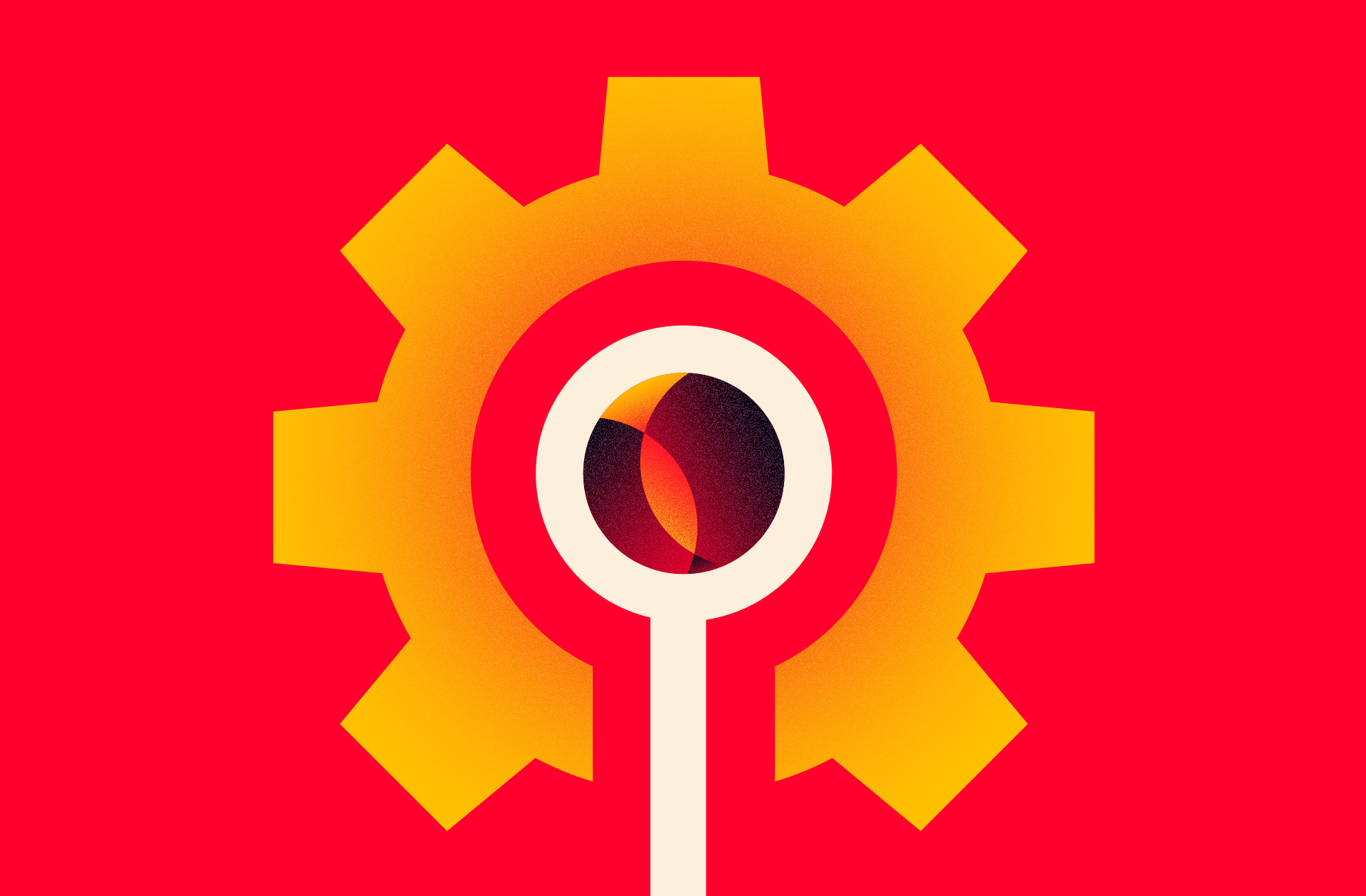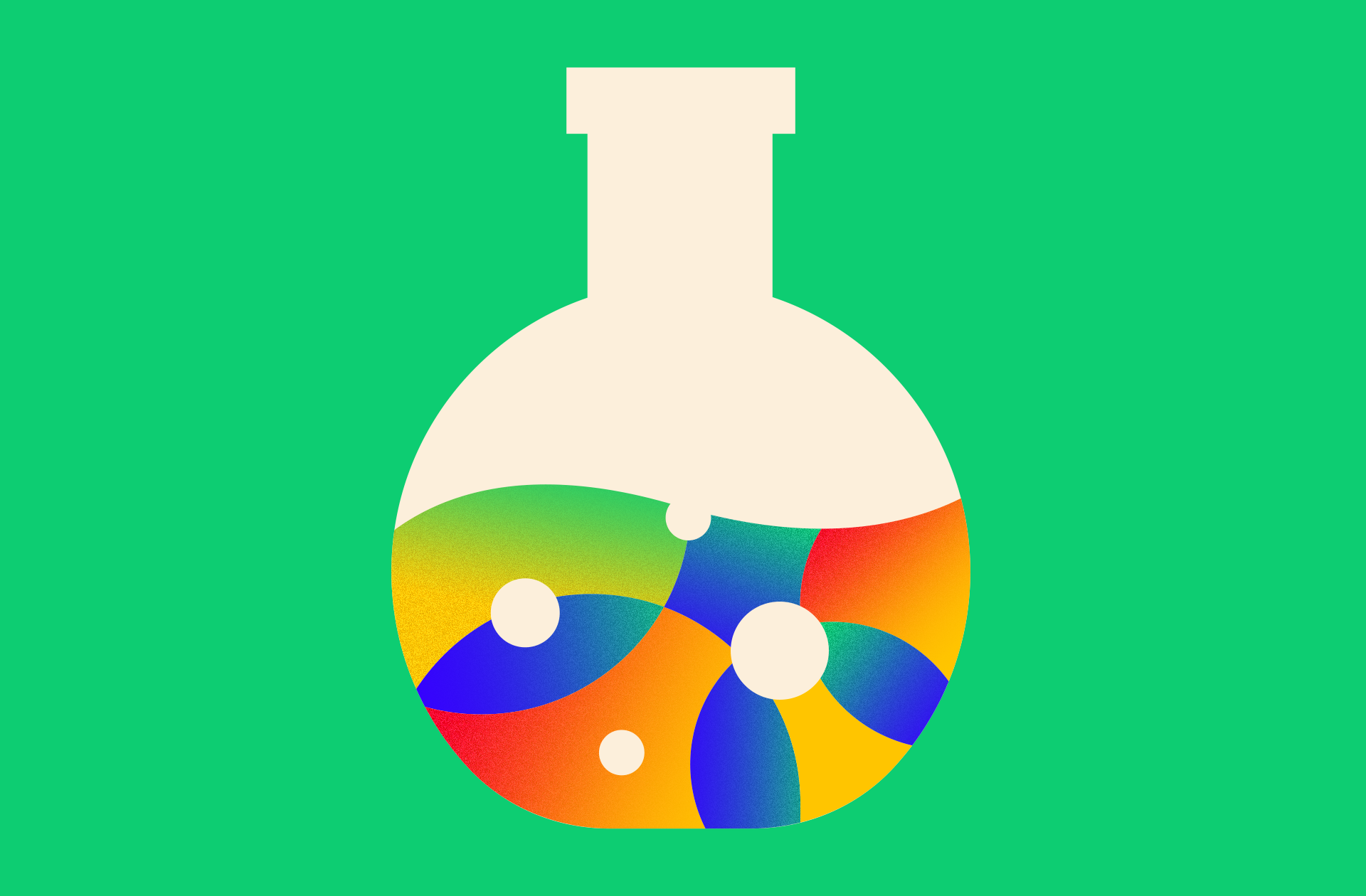Truth be told, when we started Column Five 10 years ago we had no idea what we were doing. We were just three college friends in a possibly illegal office space trying to keep pace with our surprisingly expanding client list.
We didn’t know we’d eventually quadruple in size, expand to headquarters on two coasts, and build a team of 40+ bold, creative, and endlessly talented people. Obviously, this didn’t all happen overnight, and we made plenty of mistakes along the way. But, when it comes to finding the right people for our team, we’re pretty proud of our track record. And we attribute that to one thing: our culture.
Even as we’ve grown, we’ve been able to maintain the same core values and general vibe we established back when we were taking conference calls over a ping pong table, though it hasn’t been easy. As anyone in charge of hiring knows, finding the right people is a huge challenge. It’s even tougher for us because, frankly, we’re picky as hell. We don’t just want people who are great at what they do; we want people who are great at what they do and great to work with.
How to Hire: Culture Is Everything
We’re lucky that we’ve kept our team relatively small, which has helped us cultivate a strong culture that everyone contributes to. We try to lead with our values (Do Good Work, Be Good to Each Other, Value Our Partners, Be Humble, Experiment Often), and we work to maintain transparency, collaborate freely, and stay accountable to each other.
While humility is a core value, we do take tremendous pride in our culture. Yes, we’ve drifted astray from time to time, and when we’ve done so we’ve tried to take stock and take accountability for those mistakes. But for the most part, we’ve assembled a team of people who are ready to learn, eager to help out, and happy to go home to their side hustle, family, dogs, or roommates—satisfied with a good day’s work.
Thus, when it comes time to fill a new position, we take the process very seriously. We know any new person will make an impact on the people around them (and vice versa). Thus, we don’t just look for a culture “fit.” We look for a culture “add,” someone who will enhance and enrich our culture.
So, How Do We Find the Right People?
We have admittedly high standards. Obviously, this level of stringency doesn’t make our hiring process particularly easy. And we’ve certainly had a learning curve.
But over the last decade, we’ve tweaked our hiring process again and again, smoothed out the kinks, and come up with a few ways to narrow down the pool and find the right match. Because we know this is something that lots of companies struggle with, we thought we’d share a few of our tactics in hopes it might help your own hiring process.
First, We Start With the Qualities We Want
It’s taken us a while to describe (and more importantly distill) everything we’re looking for into a few words, especially when most traditional job descriptions are full of generalities (hard-working, detail-oriented, blah, blah, blah). But there are core attributes that we want—and prioritize—in every hire, whether it’s an accountant or designer.
We want them to be:
- Hungry
- Self-aware
- Smart
- Self-reliant
- Humble
As we move through the process, we look at applicants through this lense.
After We Meet Them on Paper, We Look for Personality
Once we’ve vetted resumés and narrowed it down to the people with the skills/experience on paper, we try to learn a little more about them by sending out a questionnaire with very specific questions.
We find that a lot of traditional interview questions aren’t particularly useful or revealing of character. Your 5-year plan might be cool, but we really want to know how you handle a project that was due yesterday. So we’ve revised our questions (and continue to refine them) to help us understand someone’s personality, interests, work style, etc. (Again, this helps us get a sense of what they might add to our existing dynamic.)
Sample questions:
- What is the coolest thing you have ever done?
- What is something interesting you learned within the last month?
- What three websites would you be lost without?
- What is your favorite painting?
- What’s one of your favorite vacation or travel stories?
- How do people describe you?
- What is your ultimate day-off agenda?
- Tell us about a situation when you took a risk to achieve a goal, personal or professional. What was the outcome? What did you learn?
The questions we ask aren’t just frivolous or fun; they’re intentionally curated to reveal the person’s character. These eventually work as a first-day icebreaker if they’re hired. (Below are some of our most memorable answers—but we’ll let the parties remain anonymous.)
Q: What is your ultimate day-off agenda?
- “The answer to this question is entirely dependent on if I am spending the day alone or with David Blaine. If the latter, he’d teach me magic tricks all day, and we’d do each other’s eye liner.”
Q: What are your pet peeves?
- “Licking envelopes, when someone says ‘heighth’ instead of ‘height,’ people who brake late when they are driving, and that consistently weird smell in the cabin of a commercial aircraft.”
Q: What was your favorite job up to now?
- “When I sold gourmet hot sausages from a cart in front of the Canterbury Cathedral. The uniform included a red bow tie, red-and-white striped apron, and a straw skimmer hat—it was an interesting season of my life.”
- “My first job at Tropical Sno, a shaved-ice stand. I mixed flavors like nobody’s business.”
- “Being a good friend and being fabulous.”
- “I used to work at the campus art store. It helped me get out of my shell and talk to lots of different students, and I got a discount on chocolate milk.”
Q: What is something you are scared of but do anyways?
- “Open a Pillsbury dough can.”
- “Wear skinny jeans.”
- “Killing spiders and first dates.”
- “Leaving things up to fate, or chance. And also Cinnabon.”
Q: What song pumps you up no matter what?
- “’Eye of the Tiger’ from Rocky, of course.”
Q: Are you an introvert, extrovert, or ambivert?
- “I am an introverted extrovert. I am friendly and talkative…until someone invites me to go do something.”
Q: Do you have a nickname?
- “No, but my friends made up Del Taco.”
Naturally, we usually have some follow-up questions.
From There, We Head Into the Phone Interview
The truth is interviews are awkward for everyone. In some ways, it’s good because it shows you what someone is like under pressure. But in many ways, it makes it harder to really get to know someone because they’re often (understandably) guarded. Much like the questionnaire, we like to ask questions that reveal more of the person’s character, social skills, and communication style. Sure, we cover standard questions, but we also like to find out how they navigate common situations they would face on the job.
Some sample questions:
- How do you approach prioritizing work, meeting deadlines, and delivering results?
What we’re assessing: Attention to detail, how they meet deadlines, process orientation, communication skills, diligence, project management/organization software and tools, conscientiousness. - Let’s say a client contacts you, and they’re angry because there was a mistake on something you sent them. How would you respond?
What we’re assessing: Emotional stability, character, attention to detail, openness, vulnerability. - What qualities do you look for in a good team member?
What we’re assessing: Extroversion, openness, people skills, accountability, relationship skills. - How have you motivated a team member who was not meeting expectations?
What we’re assessing: Communication skills, intuitive leadership, agreeableness. - Has anyone ever upset you at work? What happened? What is your relationship like with that person now?
What we’re assessing: Emotional stability, character, openness, agreeableness.
Once we’ve vetted them through the phone, we select our front-runners and bring them in.
Finally, We Come to the Working Interview
As great as someone seems on paper, and as charismatic as they may seem in an interview, you really don’t know what it’s like to work with them til you’re in the trenches together or putting a project in their hands. That’s why we always have some sort of working interview. That may include an actual in-office workday or a sample project with a deadline.
Yes, it’s a little trial by fire, but it’s really the most effective way to make sure they are capable of doing the job—and that they feel comfortable, too.
Above All, We Focus on Relationship-Building
Again, we want to work with people who want to work with us, so we aim to build a mutually respectful relationship throughout the process. Hiring is an art, not a science, so there’s always room for improvement. But we learn a little something every time we bring on someone new. And even if our process takes a little longer, we know it’s worth it for everyone involved, no matter how long we work together.





This is excellent and downloaded for future reference as periodically involved in longer term projects, some with large staffing requirements. Found doing search for hiring manager contact, for application submission for Producer opening. Cheers.
So happy to hear!